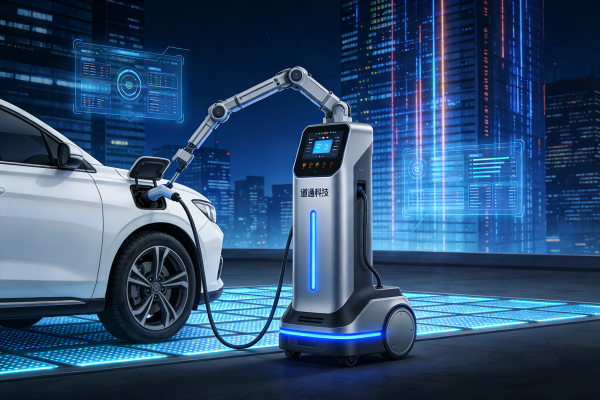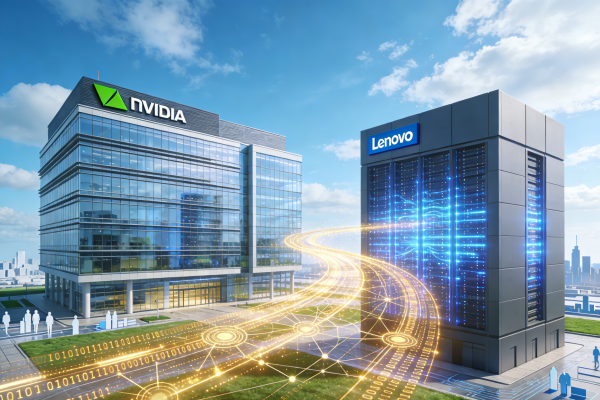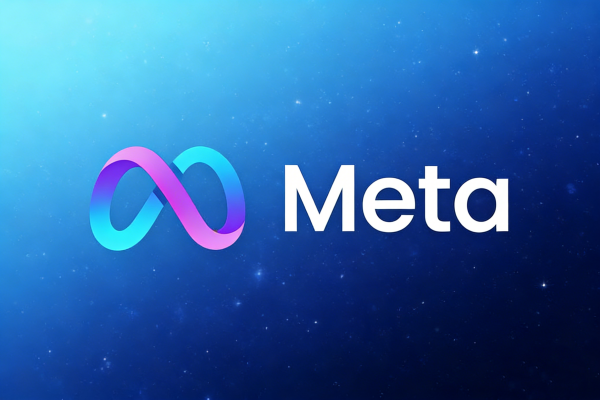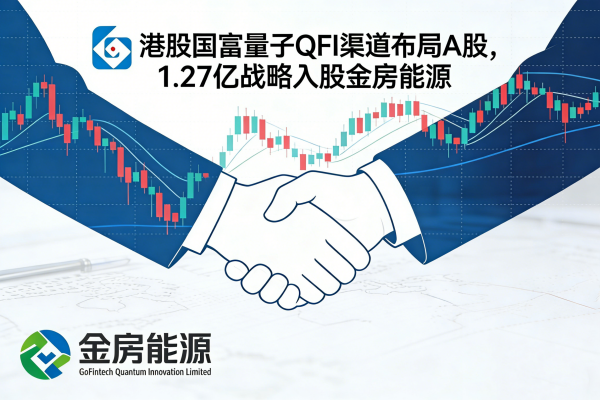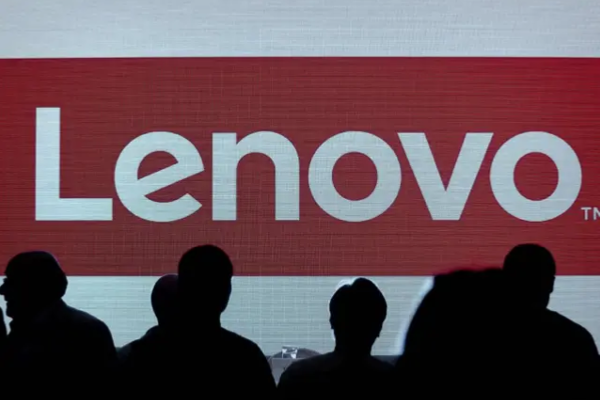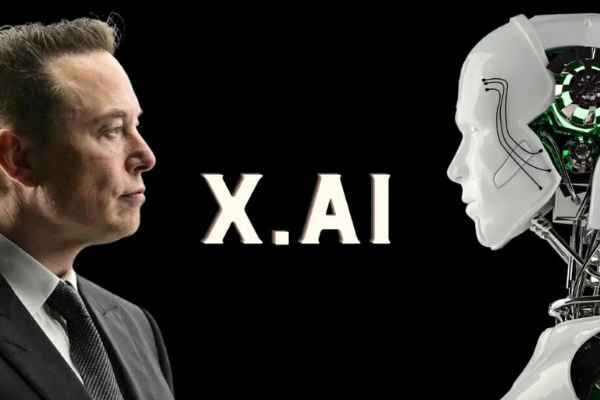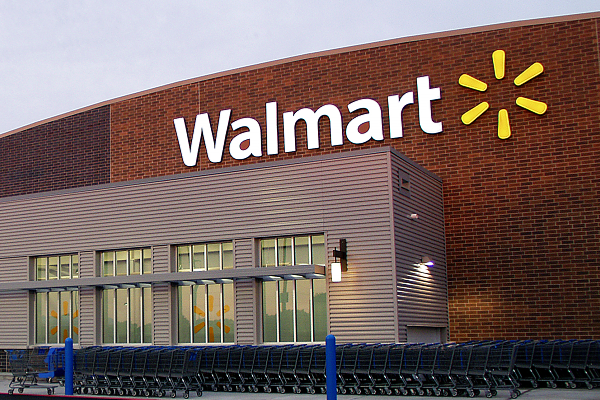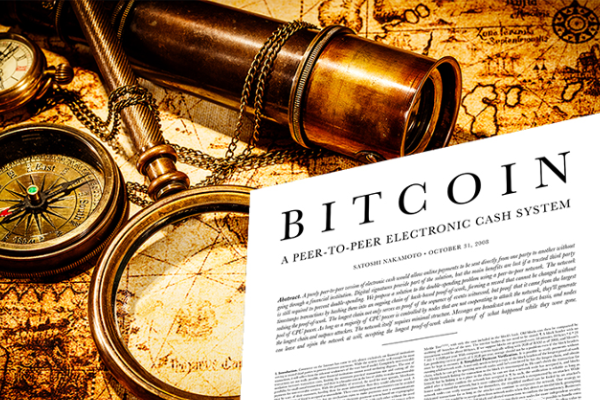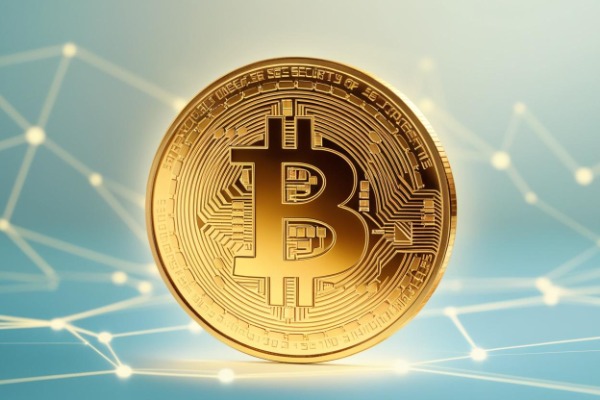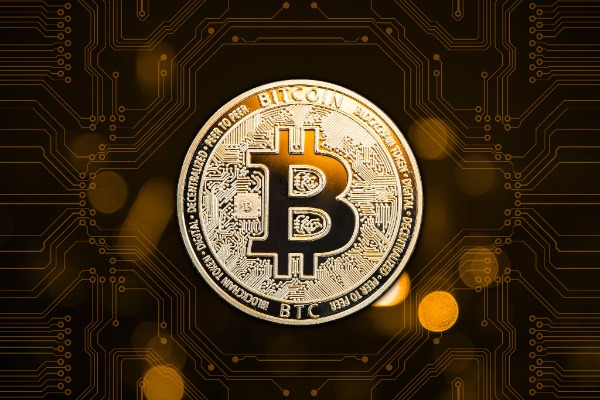What is blockchain? Basic concepts and characteristics explained
In recent years, blockchain technology has frequently appeared in our field of vision. From Bitcoin to smart contracts, blockchain seems to have become the "new darling" of the technology world. But for many people, blockchain is still an unfamiliar and complex concept. So, what exactly is blockchain? How does it work? What are its practical applications?
1. Basic concepts of blockchain
Blockchain is a distributed ledger technology that connects data in the form of "blocks" to form a "chain" structure. Each block contains a certain number of transaction records, and each block is connected to the previous block through a cryptographic hash function. This structure makes the blockchain highly secure and transparent.
2. How blockchain works
The working principle of blockchain can be simply summarized as the following steps:
Transaction generation: When a user makes a transaction, transaction information is generated and broadcast to the network.
Transaction verification: Nodes (computers) in the network verify the transaction to ensure the legitimacy of the transaction. This process usually involves a consensus mechanism such as proof of work (PoW) or proof of stake (PoS).
Block creation: Verified transactions are packaged into a block and added to the blockchain. Each block contains the hash value of the previous block, thus forming a chain.
Data storage: Once a block is added to the blockchain, all nodes will update their own ledgers to ensure data consistency and transparency.
Immutability: Since each block is connected to the previous block, any modification of the stored data requires recalculating the hash values of all subsequent blocks, which is technically almost impossible. Therefore, the data of the blockchain is immutable.
III. Characteristics of blockchain
Blockchain technology has the following significant characteristics:
Decentralization: The blockchain does not rely on a central agency or server, and the data is distributed on each node in the network, reducing the risk of single point failure.
Transparency: All transaction records are visible to all participants in the network, enhancing trust.
Security: Through encryption technology and consensus mechanism, blockchain can effectively prevent data tampering and fraud.
Traceability: Every transaction has a complete history, which is easy to trace and audit.
4. Application scenarios of blockchain
The application scenarios of blockchain technology are very wide. The following are some typical applications:
Digital currency: Bitcoin is the most famous blockchain application, which realizes the transaction of digital currency in a decentralized way.
Smart contract: Smart contract is an automatically executed contract that can automatically execute transactions when specific conditions are met. It is widely used in finance, real estate and other fields.
Supply chain management: Blockchain can be used to track the production, transportation and sales process of products, and improve the transparency and efficiency of the supply chain.
Authentication: Blockchain technology can be used for the management of digital identities to ensure the security and privacy of user identities.
Voting system: Using the transparency and immutability of blockchain, a secure electronic voting system can be built to improve the fairness of elections.
5. Future prospects
Although blockchain technology is still in the development stage, it has great potential. With the continuous maturity of technology and the continuous expansion of application scenarios, blockchain is expected to bring revolutionary changes in many fields such as finance, medical care, logistics, etc. However, blockchain also faces some challenges, such as scalability, energy consumption and laws and regulations, which need to be continuously solved in future research and practice.
In short, blockchain is a disruptive technology that not only changes our understanding of data storage and transactions, but also provides new possibilities for the future digital economy. As people's understanding of blockchain deepens, its future applications will be more extensive and in-depth.
